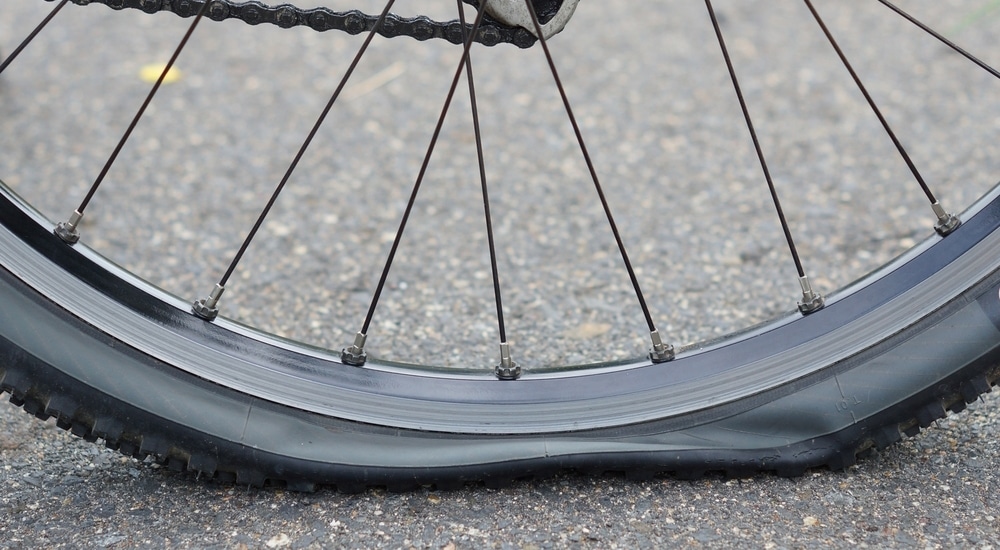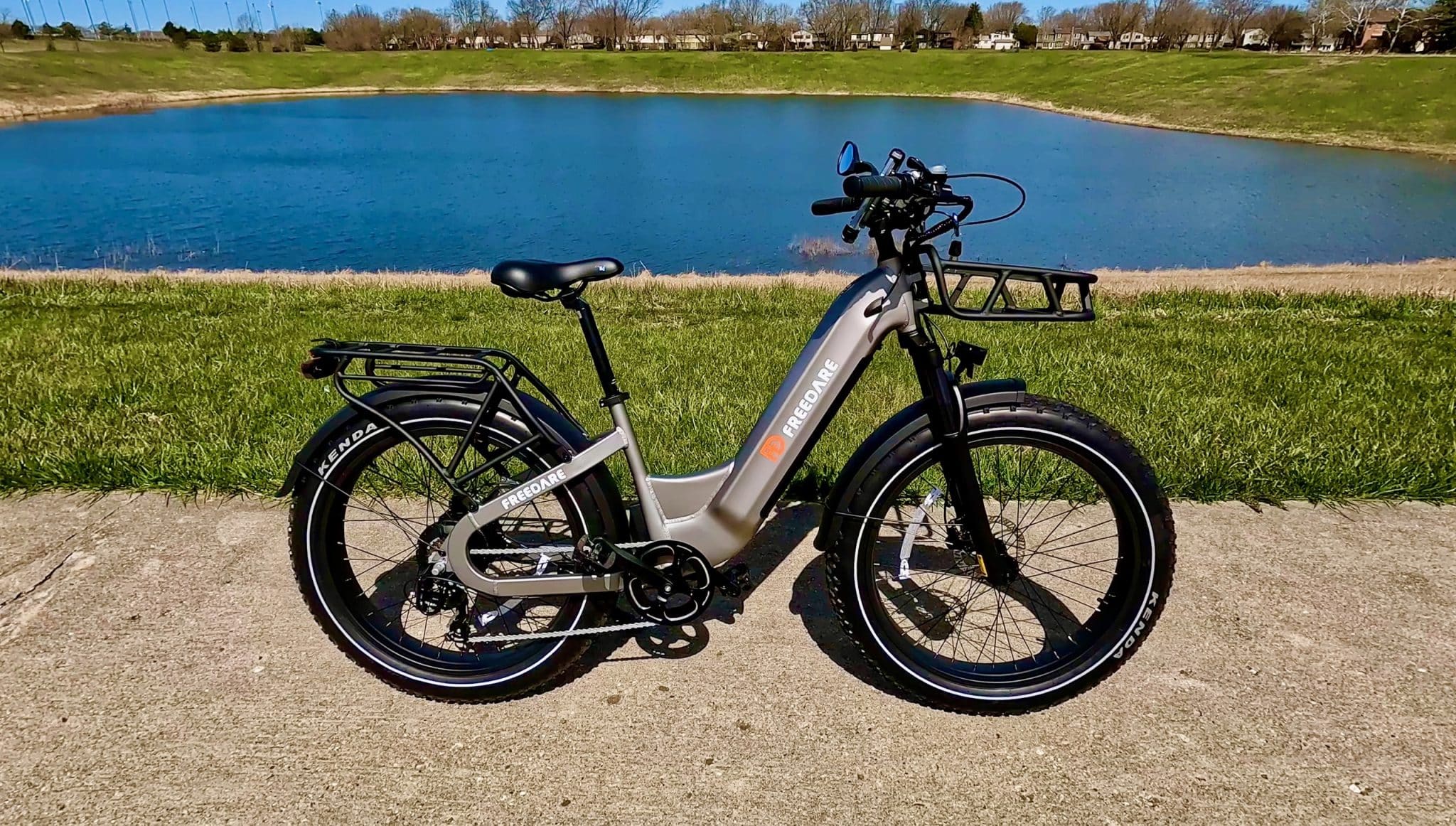Topic : Eco-Conscious Commuting: How E-Bikes Are Reducing Carbon Footprints in Cities
As cities around the world grapple with rising pollution levels, increasing traffic congestion, and the urgent need to reduce carbon emissions, the quest for sustainable transportation solutions has never been more critical. Urban centers, which are often plagued by the negative effects of traditional, fossil-fuel-powered vehicles, are turning to innovative alternatives to lessen their environmental impact.
Among these, electric bikes, or e-bikes, have emerged as a promising solution, offering a cleaner, more efficient way to navigate city streets. E-bikes are not only reducing the carbon footprint of individual commuters but are also contributing to broader efforts to create more sustainable, livable cities. By combining the benefits of traditional cycling with the advantages of electric propulsion, e-bikes are helping to transform the way we think about urban mobility.
The appeal of e-bikes lies in their ability to provide a practical and eco-friendly alternative to cars and motorcycles. They offer the convenience of powered transportation while significantly reducing the emissions associated with conventional vehicles. For city dwellers, e-bikes represent a perfect blend of efficiency, sustainability, and convenience.
They enable riders to bypass traffic, reduce commuting time, and lower their carbon footprint—all without the sweat and strain associated with traditional bicycles. As more people become aware of the environmental benefits of e-bikes, their adoption is growing rapidly, contributing to a shift in urban transportation patterns.
The Environmental Impact of E-Bikes

E-bikes are playing a pivotal role in reducing the carbon footprints of cities, making them a key component in the fight against climate change. Traditional transportation methods, particularly those reliant on fossil fuels, are major contributors to urban air pollution and greenhouse gas emissions.
In contrast, e-bikes offer a clean, efficient alternative that requires only a fraction of the energy needed to power a car or motorcycle. By using rechargeable batteries, e-bikes produce zero tailpipe emissions, which significantly reduces the amount of harmful pollutants released into the atmosphere.
Moreover, the energy required to charge an e-bike is minimal compared to the fuel consumption of a traditional vehicle. This reduced energy demand translates into lower carbon emissions, especially when the electricity used for charging comes from renewable sources.
E-bikes also contribute to a reduction in noise pollution, another significant issue in densely populated urban areas. Unlike motor vehicles, e-bikes operate quietly, making them a more pleasant and less intrusive presence on city streets.
The shift from car-based commuting to e-bike use can have profound effects on a city’s overall carbon footprint. For instance, replacing short car trips with e-bike rides can significantly decrease the total amount of carbon dioxide emitted by urban transportation.
According to various studies, if a significant portion of urban commuters were to switch from cars to e-bikes, cities could see a dramatic reduction in their greenhouse gas emissions, potentially by millions of tons annually. This reduction is crucial as cities strive to meet international climate goals and reduce their environmental impact.
Fat Tire E-Bikes: A Versatile Option for Urban and Off-Road Commuting
Fat tire e-bikes have become increasingly popular among urban commuters and outdoor enthusiasts alike. The first line of this section focuses on how fat tire e-bikes are particularly suited for both city commuting and off-road adventures.
These bikes are equipped with oversized tires, typically ranging from 3.8 to 5 inches in width, which provide enhanced stability, traction, and comfort on a variety of surfaces. Whether you’re navigating the uneven pavement of a city street or tackling rough terrain on a weekend getaway, fat tire e-bikes offer a versatile and reliable mode of transportation.
In urban environments, the benefits of fat tire e-bikes are manifold. The wide tires allow for greater surface contact, which improves grip and control, especially in wet or slippery conditions. This makes them an excellent choice for city riders who may encounter varying road surfaces, from smooth asphalt to cobblestones or even light snow. Additionally, the added cushioning provided by the larger tires results in a smoother ride, absorbing shocks from potholes and other road imperfections that are common in urban areas.
Fat tire e-bikes are also well-suited for those who wish to reduce their carbon footprint without sacrificing comfort or convenience. By providing a stable and comfortable ride, these bikes encourage more people to choose e-biking over driving, thus contributing to the overall reduction in urban emissions.
Furthermore, the versatility of fat tire e-bikes means they can be used year-round, in various weather conditions, further promoting their use as a sustainable commuting option.
Kenda Tire: The Impact of Quality Components on E-Bike Performance

When it comes to the performance and reliability of e-bikes, the choice of tires plays a crucial role. Kenda tires, a well-known brand in the cycling industry, are often favored for their durability, traction, and overall quality. The first line here highlights how Kenda tires are specifically designed to enhance the performance of e-bikes, particularly in urban settings where reliability is paramount. A good set of tires can significantly affect the riding experience, influencing everything from speed and handling to safety and efficiency.
Kenda tires are engineered to meet the demands of e-bike riders, offering a balance between low rolling resistance and excellent grip. Low rolling resistance is essential for maximizing battery life, as it reduces the amount of energy required to maintain speed.
This efficiency translates into longer rides on a single charge, making Kenda tires a smart choice for eco-conscious commuters who want to get the most out of their e-bikes. The enhanced grip provided by Kenda tires also contributes to safety, particularly in wet or slippery conditions, which are common in urban environments.
In addition to their practical benefits, Kenda tires are designed with sustainability in mind. The company employs eco-friendly manufacturing processes and materials, further aligning with the goals of reducing the environmental impact of urban transportation.
By choosing e-bikes equipped with high-quality components like Kenda tires, riders can enjoy a more reliable and efficient commuting experience, while also contributing to the broader goal of reducing carbon emissions in cities.
Conclusion
As cities continue to grow and evolve, the need for sustainable transportation solutions becomes increasingly urgent. E-bikes, with their ability to reduce carbon footprints, offer a viable and eco-friendly alternative to traditional vehicles.
By choosing e-bikes, especially those equipped with features like fat tires and high-quality components such as Kenda tires, urban commuters can enjoy a reliable, comfortable, and efficient mode of transportation that aligns with the goals of sustainability. As more people embrace this form of eco-conscious commuting, the positive impact on the environment will only continue to grow, paving the way for greener, more livable cities.







